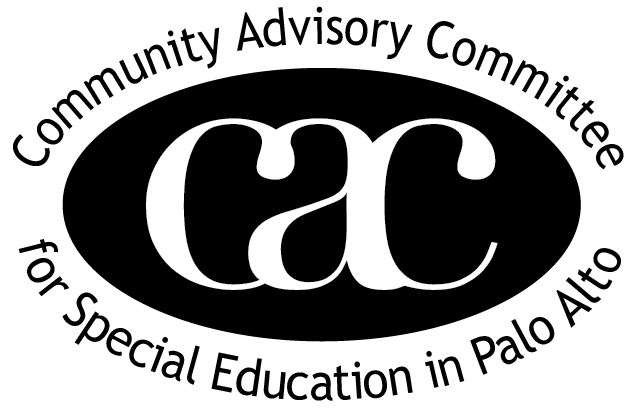Specific learning disability (SLD)
From Understood.org:
“The umbrella term “SLD” covers a specific group of learning challenges. These conditions affect a child’s ability to read, write, listen, speak, reason, or do math. Here’s what could fall in this category:
SLD is the most common category under IDEA. In 2018, 34 percent of students who qualified did so under this category.”
Resources
California’s New Dyslexia Guidelines
S.Res.275 Resolution
A resolution which passed the senate:”Calling on Congress, schools, and State and local educational agencies to recognize the significant educational implications of dyslexia that must be addressed and designating October 2015 as “National Dyslexia Awareness Month””.
Guidance from Dept of Ed
Oct 2015 Dear Collegue Letter from US Dept of Ed, that sent a clear message to states and schools, that there’s nothing in the law stopping schools from using the terms dyslexia, dysgraphia and dyscalculia. In fact, schools are encouraged to do so.
Decoding Dyslexia
Decoding Dyslexia CA is a grassroots movement driven by California families, educators and dyslexia experts concerned with the limited access to educational interventions for dyslexia and other language-based learning disabilities within our public schools.
Orton–Gillingham System
Of all the reading programs specifically designed to help struggling readers by explicitly teaching the connections between letters and sounds, Orton–Gillingham was the first. Today—decades later—many reading programs include Orton–Gillingham ideas.
The highly structured program introduced the idea of breaking reading and spelling down into smaller skills involving letters and sounds, and then building on these skills over time. It also pioneered the “multisensory” approach to teaching reading, which is considered the gold standard for teaching students with dyslexia. This means that instructors use sight, hearing, touch and movement to help students connect language with letters and words.
Bright Solutions for Dyslexia
Bright Solutions for Dyslexia was founded with the mission to educate parents and teachers about the causes, symptoms, and research-based solutions for children and adults with dyslexia.
Dyslexia Initiative advocating, educating, inspiring & empowering on topics of dyslexia, dysgraphia, dyscalculia, executive function, assistive technology. Hosts live webinars and recorded content.
Woodin Math alternative strategies and modalities to engage students from their primary frame of reference to using whole-to-part strategies. Free lessons and videos.
Dyslexia Resources and Research from Stanford University
Palo Alto Technology Collaboration Hub (PATCH)
PATCH was created to support students, staff, and parents, working together as collaborative teams to find ASSISTIVE TECHNOLOGY & ACCESSIBILITY solutions.
International Dyslexia Organisation
A non-profit organization dedicated to helping individuals with dyslexia, their families and the communities that support them.
Resource list
Resource list compiled by ABC’s “Beyond the Headlines”.
Article on Optometric Assesment and Mangement of Dyslexia
The article is about the optometric assessment and management of those who have dyslexia but the techniques described are equally valid for anyone who is under achieving at school or work whether they are formerly diagnosed as dyslexic or not.
Personal Experience with Dyslexia
Lt. Gov. Gavin Newsom has dyslexia. He spoke with ABC7 News about how he’s passionate about raising awareness about dyslexia because it affects him every day.
Athena Academy’s Resource List
Athena Academy is a nonprofit private elementary and middle school in Palo Alto, dedicated to teaching Dyslexic students on the Peninsula.
